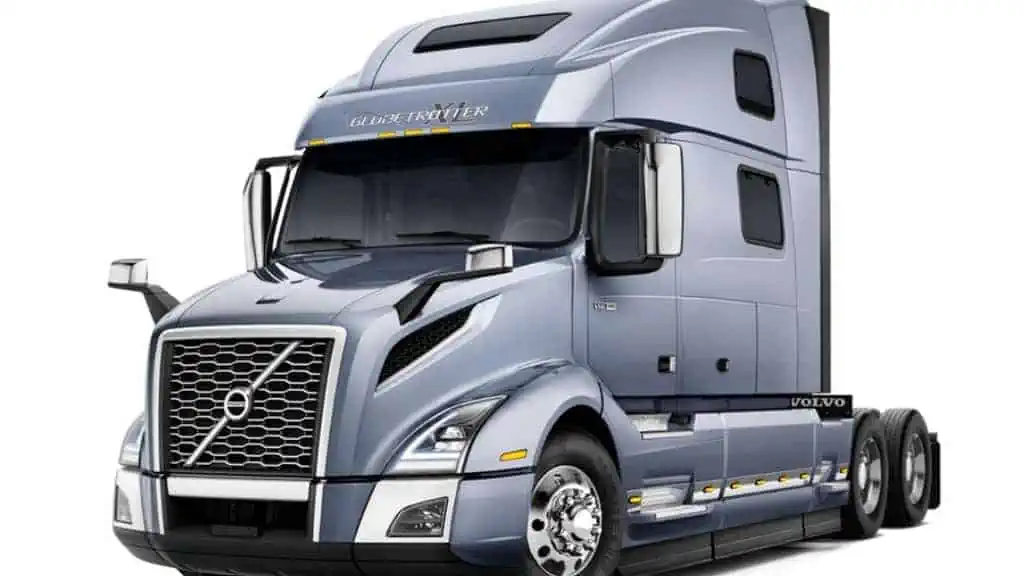Volvo Trucks continues to expand its range with the launch of some new electric trucks, which makes it possible to electrify more transport routes in cities and regions, according to the company.
This recent addition of rigid trucks further strengthens Volvo’s position as an electric truck transport leader.
Notably, the automaker already produces the most complete electric lineup in the global truck industry. Now, Volvo Trucks is expanding its offering by introducing rigid versions of its heavy electric trucks: the Volvo FM, Volvo FMX, and Volvo FH.
This makes it easier for transport companies to embrace electric vehicles in regional and urban areas.
Thanks to the different cab, battery, and chassis choices, the new heavy rigid trucks could be made to carry electric superstructures for a broad range of specialized transport assignments, which include construction work, goods distribution, and refuse collection. Production of the new variants will start in the first quarter of next year.
With these new, electric trucks we are making it easier than ever for even more customers to go electric, and for cities to shift to zero-emission vehicles for virtually all transport flows. Our customers can have these trucks custom-built for their specific operation, to cut emissions while getting the same functionality as the diesel truck they are using today.
Roger Alm, President of Volvo Trucks
Electric trucks for a better working environment for drivers
Diesel trucks with heavy loads are a typical sight in some cities. At present, it is possible to use electric trucks for these assignments instead. Aside from producing zero exhaust emissions, electric trucks offer a better working environment for drivers as they’re quiet, contributing to a more livable city for residents.
Improved consumer flexibility
The new rigid trucks have between 180-540 kWh battery capacity. Together with the batteries applied to a truck, this offers excellent flexibility and a broad range of possible operations.
Alm noted that these trucks could handle all kinds of transports, from lighter loads to heavy loads. Consumers can select the battery capacity they need for their assignments. By not carrying more batteries onboard than required, the payload could increase.
This gives the company the optimal and most cost-efficient electric transport solution, no matter what the task is, Alm added.
Volvo Trucks is the only global truck manufacturer with a full range of e-trucks currently in series production. The company targets half of its global truck sales to be electric by at least 2030.
The automaker noted trucks with a single rigid chassis and built-in applications such as cement mixers, cranes, and refuse compactors.
Volvo FM, FMX, and FH Electric rigids could be equipped as follows.
Released for sale in December 2022, serial production begins in March 2023:
- Driveline: 490 kW
- Drive unit: 3 electric motors
- Battery: 450-540 kWh, 5-6 batteries
- Cab: Sleeper, High, X-High sleeper cab
- Wheelbase: 4300-6700
- Axle Configurations: 4x2R, 6x2R, 6x4R, 8x2R, and 8x4R
- PTO: Electric ePTO, Transmission PTO, and Electro-Mechanical PTO
Released for sale in February, serial production begins in May 2023:
- Driveline: 330 kW
- Drive unit: 2 electric motors
- Battery: 360 kWh, 4 batteries
- Cab: Day cab
- Wheelbase: 3900-6700
Released for sale in June, serial production starts September 2023:
- Battery: 180-270 kWh, 2-3 batteries






